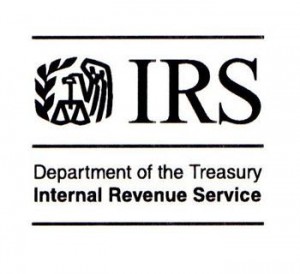 Since the publication of this article, Treasury and the IRS have announced that any legal same-sex marriage will be recognized for federal tax purposes, regardless of whether the couple’s home state recognizes the marriage. See this post. The Department of Labor has also issued final regulations under the Family & Medical Leave Act which recognize a marriage, regardless of the couple’s domicile, if a) it occurred within the United States, and it was valid in the state in which it took place, and b) it occurred outside of the United States, if it was valid in the jurisdiction in which it took place and it could have been entered into in at least one state.
Since the publication of this article, Treasury and the IRS have announced that any legal same-sex marriage will be recognized for federal tax purposes, regardless of whether the couple’s home state recognizes the marriage. See this post. The Department of Labor has also issued final regulations under the Family & Medical Leave Act which recognize a marriage, regardless of the couple’s domicile, if a) it occurred within the United States, and it was valid in the state in which it took place, and b) it occurred outside of the United States, if it was valid in the jurisdiction in which it took place and it could have been entered into in at least one state.
Federal law requires that employer plans determine marital status in a variety of contexts, ranging from requirements that ERISA-covered retirement plans provide spousal death benefits (e.g., a qualified joint and survivor annuity, qualified preretirement survivor annuity, or payment of the participant’s account balance to the spouse) to COBRA (health care continuation) rights in the event of a divorce or separation. In the wake of the Supreme Court’s decision in United States v. Windsor, it is clear that a same-sex married couple must be treated the same as an opposite-sex married couple for these purposes. But when will a same-sex couple be treated as married? Weeks after the Windsor decision, the few federal agencies that have issued guidance have taken wildly disparate approaches.
Read more.



 The IRS has now issued
The IRS has now issued  The Department of Labor has now issued
The Department of Labor has now issued  Michigan Public Act 297 (“Act”) prohibits public employers from providing medical and other fringe benefits to any person cohabitating with a public employee unless that person is legally married to the employee, or is a legal dependent, or eligible to inherit under the State’s intestacy laws. In a
Michigan Public Act 297 (“Act”) prohibits public employers from providing medical and other fringe benefits to any person cohabitating with a public employee unless that person is legally married to the employee, or is a legal dependent, or eligible to inherit under the State’s intestacy laws. In a